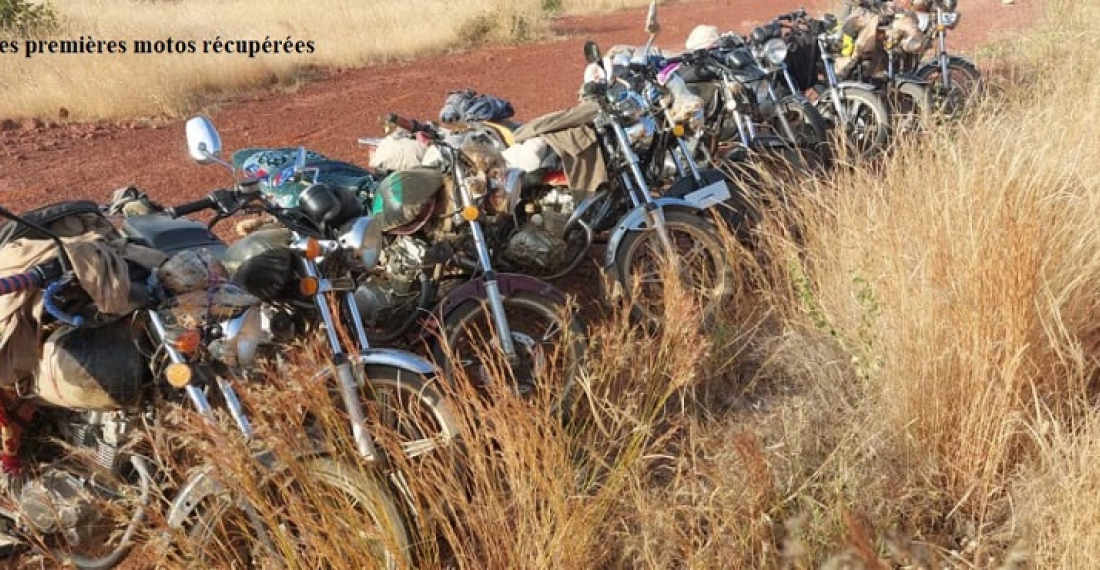On Wednesday (6 October) at least 16 Malian army soldiers were killed by an explosive device in an apparent jihadist attack.
An original assessment by the Malian army reported a “provisional toll of five dead and eight wounded” in its ranks, during a “complex IED [improvised explosive device] attack” in the late morning. A security source later told Agence France-Presse, “The new death toll is 16 dead and 10 injured, including serious cases”, confirming that the attack occurred on the road between Bankass and Bandiagara. This was confirmed by a source at the Bandiagara community health centre, who acknowledged the 16 bodies in the locality's mortuary.
The Malian military claimed that its soldiers “reacted energetically” and pursued the attackers, killing 15 members of GAT (armed terrorist groups) and seizing around 20 motorcycles, which they published pictures of.
The attack was claimed by Jama'at Nasr al-Islam wal Muslimin (JNIM), linked to Al-Qaeda. The JNIM also claimed responsibility for another attack on an army medical evacuation convoy in the centre of the country, which claimed the lives of four Malian soldiers, as well as an ambush on 12 September near Macina in the same region, in which five soldiers perished.
These attacks follow another last weekend, when an explosive device was used to target the UN mission in Mali (MINUSMA), killing one blue helmet and injuring four others.
These incidents occur amid growing tensions between Mali and France, which has been actively involved in the fight against jihadism in the country since 2013. Whilst Mali claims that it has been abandoned by its long-term ally, France has repeatedly denounced these accusations. The most recent illustration of these tense developments unfolded on Tuesday, when the French ambassador to Mali was summoned to the Malian Foreign Ministry to “invite the French authorities to [use] restraint, avoiding value judgments", following a statement made by Macron against the ruling military junta. This succession of events has sparked even more tensions between the two countries which claim to share the same interest in eradicating the jihadist threat that has been plaguing the Sahel country for almost a decade.






